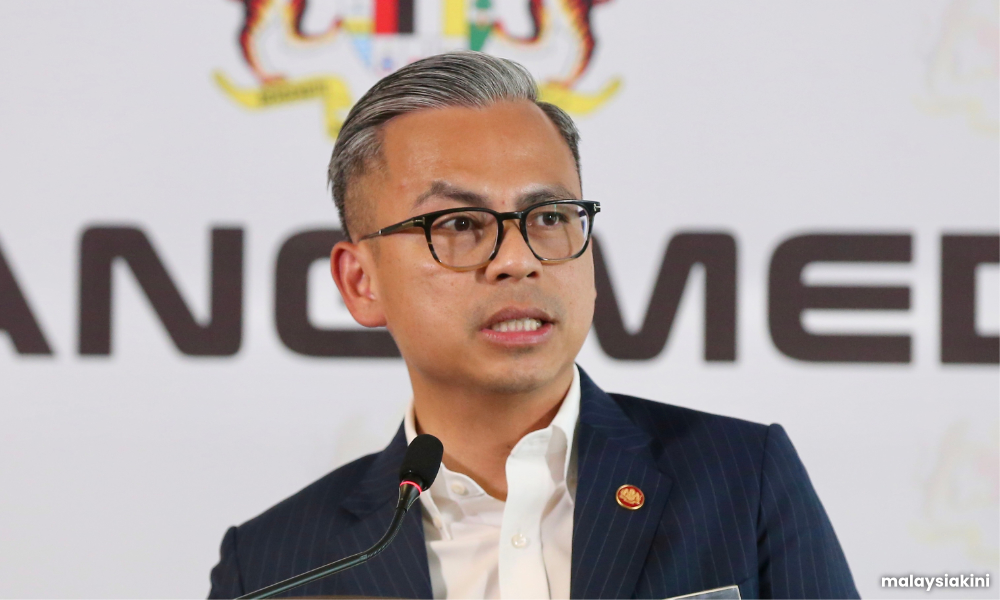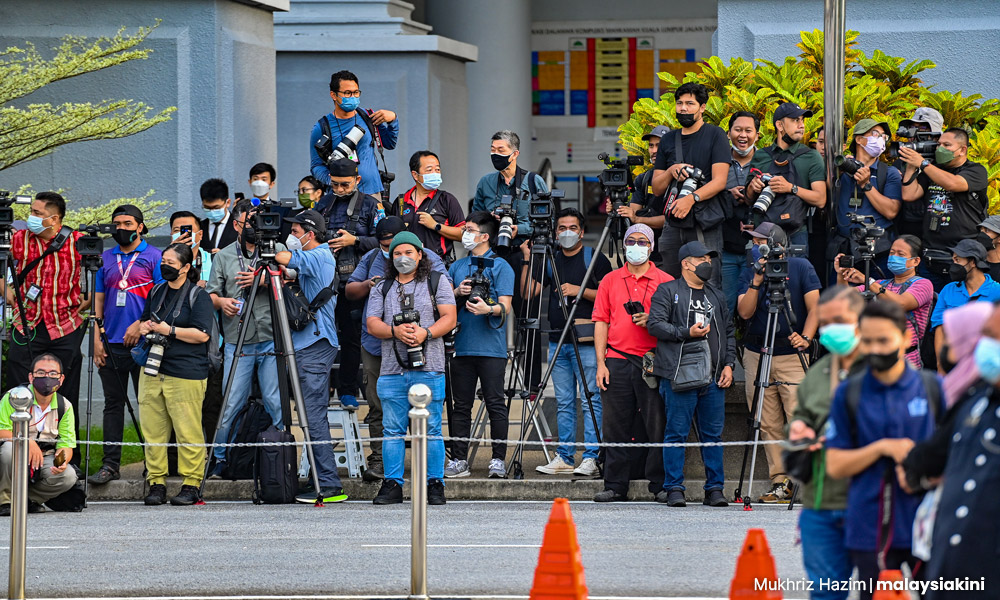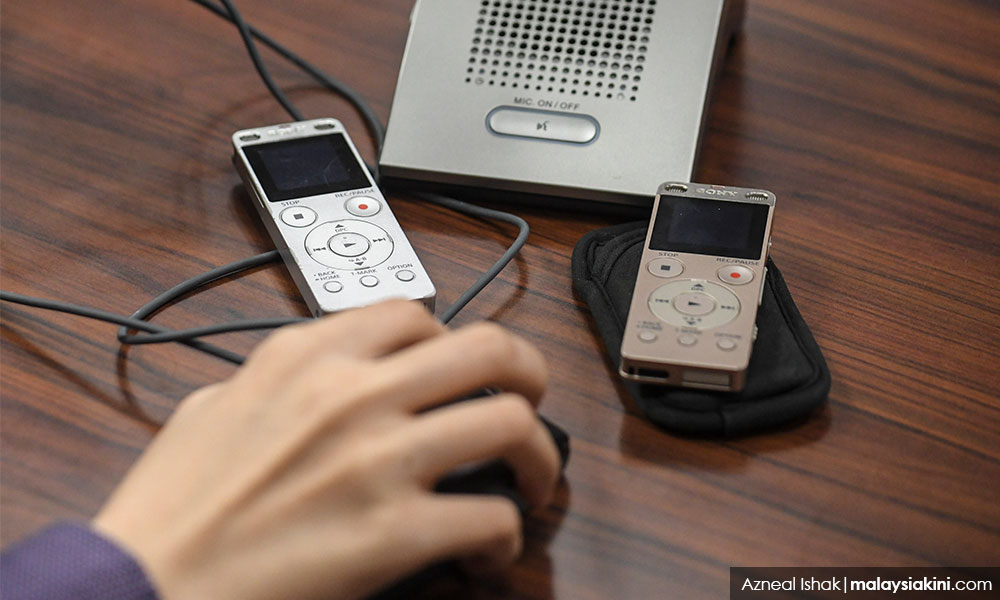INTERVIEW | International press freedom watchdog, Reporters Without Borders (RSF) is deeply concerned about the latest developments in Malaysia regarding the government’s imposition of a code of ethics on the media.
RSF Asia-Pacific bureau director Cedric Alviani said Malaysia is at a crossroads and while there have been obvious improvements to media freedom, the idea of the government taking an active role in monitoring the media was a backward step.
“Even though there have been improvements, these improvements are incomplete and the way the government is currently working on media regulation could jeopardise the improvements, and could even bring Malaysia back to the abusive regulations of the past.
“This is because the government wants to forcefully create some mechanisms that should be created by journalists or a group of media organisations and not by the government itself.
“The government should not force a code of ethics written by them, while it should be written by the media council when it comes into existence,” Alviani told Malaysiakini.
He said RSF is seriously concerned because, in Asia, there are many authoritarian powers with scant respect for press freedom and democracy.
“China is exerting a very malicious influence and is encouraging autocratic powers to become more authoritarian to adopt regulations like anti-fake news regulations.
“So we need democracies to be a counter power in the region and we don’t have so many functioning democracies that we can cooperate with. Malaysia is one of the best if not the best examples of democracy and press freedom in the region.
“We need Malaysia to do better. It would be extremely negative for Malaysia’s image, for press freedom in the country to be impacted negatively,” said Alviani, who has lived in Asia since 1999 directing projects at the intersection of diplomacy, culture and media.
Code of ethics
The issue has been a hot topic ever since Communications Minister Fahmi Fadzil announced in February that the government’s media code of ethics will be the sole standard used in accrediting journalists.

Fahmi said the media council - which is the planned body for media self-regulation - can have its code, but this would not be used by the Information Department in deciding whether to issue or revoke press passes.
The minister added yesterday that the press accreditation card is not a licence to practise journalism, unlike those given to medical or legal practitioners, explaining that media cards are merely a means to facilitate media access to official events.
He said this in justifying the Information Department’s move to issue media cards with shorter validity to journalists from various online news agencies.
There has been significant pushback from the industry on the government’s role in crafting and implementing the code, questioning the potential overlap with the planned media council, as well as possible attempts to restrict media access.
Don’t undo the good work
Alviani said it was important to remember that there have been significant improvements in press freedom in Malaysia since the toppling of the BN administration in 2018.
“There have been obviously in the past years, some improvements to the situation. Actually, these improvements appeared in the World Press Freedom Index published by RSF.
“Last year, there was even a huge rise in Malaysia’s ranking to 73,” he pointed out.
Alviani said he believed the improvements correspond to some efforts after “the page was turned” following the defeat of the Najib Abdul Razak administration, which had introduced an anti-fake news law.
“We cannot say that it was undeserved by Malaysia.
“But I understand that in the past year, especially in the past months, we have the feeling that somehow the government has been using the improvement in the ranking as a badge of honour for their policies, which is not at all the case and this is very important to mention.
“RSF’s World Press Freedom ranking does not judge the government for its policy efficiency,” he said.

While RSF understands some of the challenges faced by the Anwar Ibrahim administration in terms of containing the spread of fake news and other disinformation, Alviani said it needed to take a “virtuous and democratic” approach.
“It must be inspired by what other democracies do. Give more space to the media, journalists and civil society.
“Work with them to develop a set of regulations that are more respectful of the rule of law, press freedom and the right to information or they go back to the old authoritarian method, where the government writes text and forces its adoption on the people.
“These texts are designed for the sole interest of the government. We do not want this. The Malaysian people do not want this.
“Malaysia is one of the democracies in the region that has great potential and it would be a waste to ruin this by going back to its authoritarian past,” he said.
Fake news, hate speech
At the same time, Alviani conceded that stopping the spread of fake news and other disinformation as well as hate speech was a major challenge for governments in the world today.
“The first thing is that we fully recognise the danger of disinformation for democracy. RSF is actually at the vanguard of the fight against disinformation and fake news and we fully recognise that we do not advocate for absolute freedom of expression without any control because it can lead to murder and a lot of abuse.
“So freedom of expression needs limitations but it must be reasonable, minimal and democratic. It must also be proportionate to the threat, meaning the measures are approved by the people, not by the government.”

Therefore, Alviani added, such measures must go through the legislative process. Plus, he also stressed that there is a big difference between the arbitrary censoring of media outlets and websites and fighting honestly against disinformation.
“It’s not acceptable in any country that the government or the platforms that it controls can decide which content is fake news and which is disinformation.
“That’s why RSF has come up with a project called Journalism Trust Initiative to create a certification of the news production process that is not controlled by us, governments or by the platforms.
“To me, this kind of tool is very important,” he said. - Mkini




No comments:
Post a Comment
Note: Only a member of this blog may post a comment.